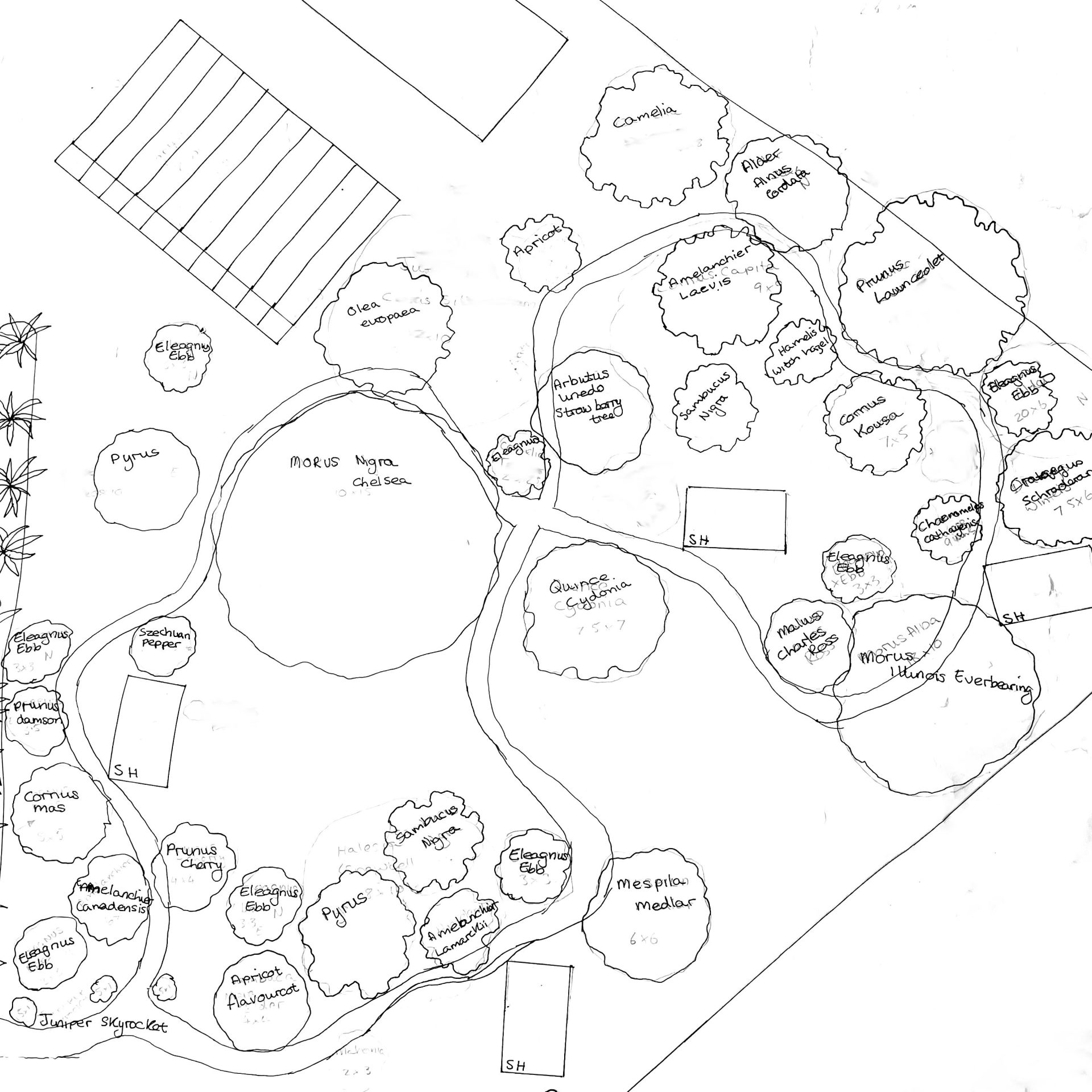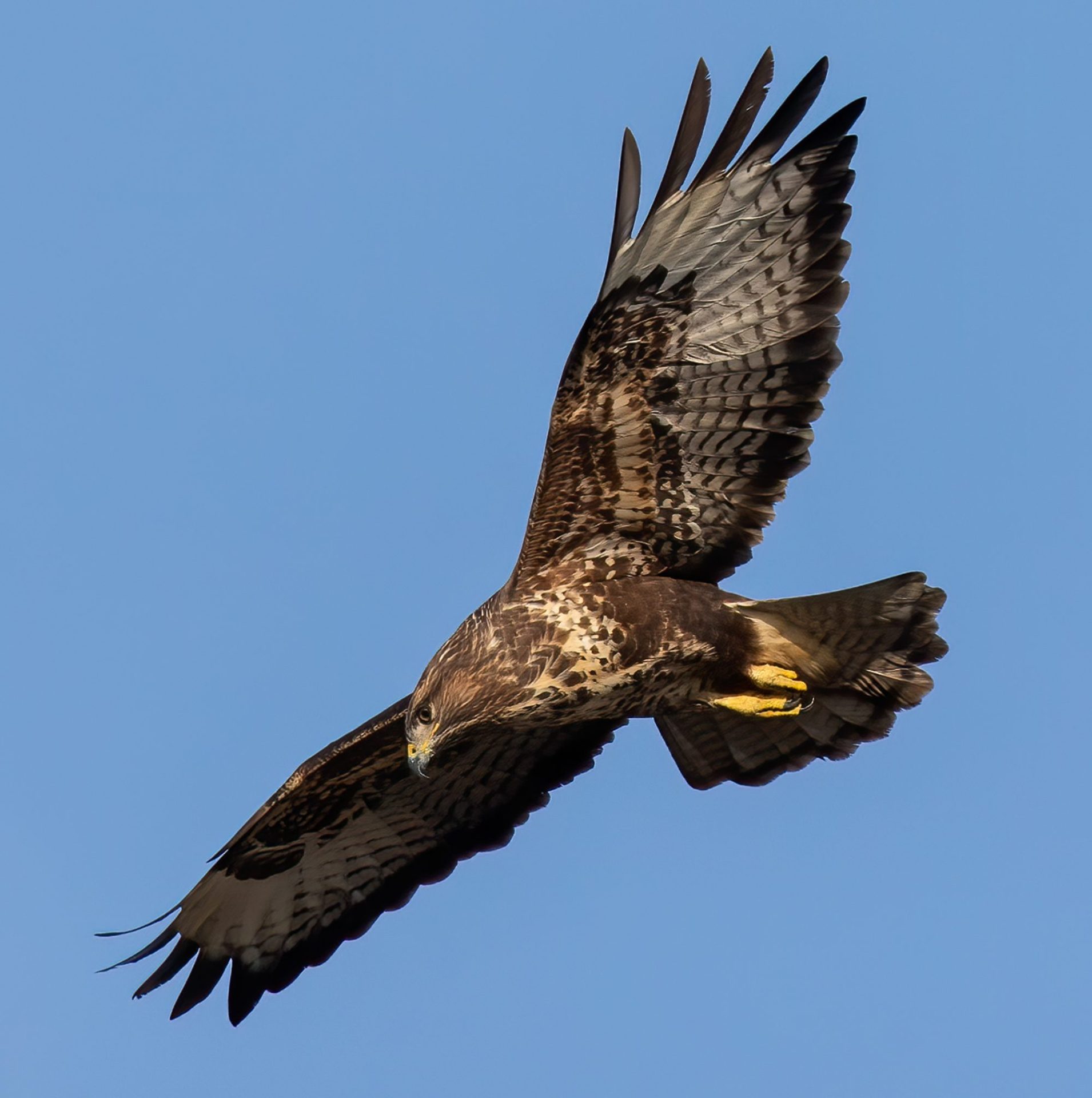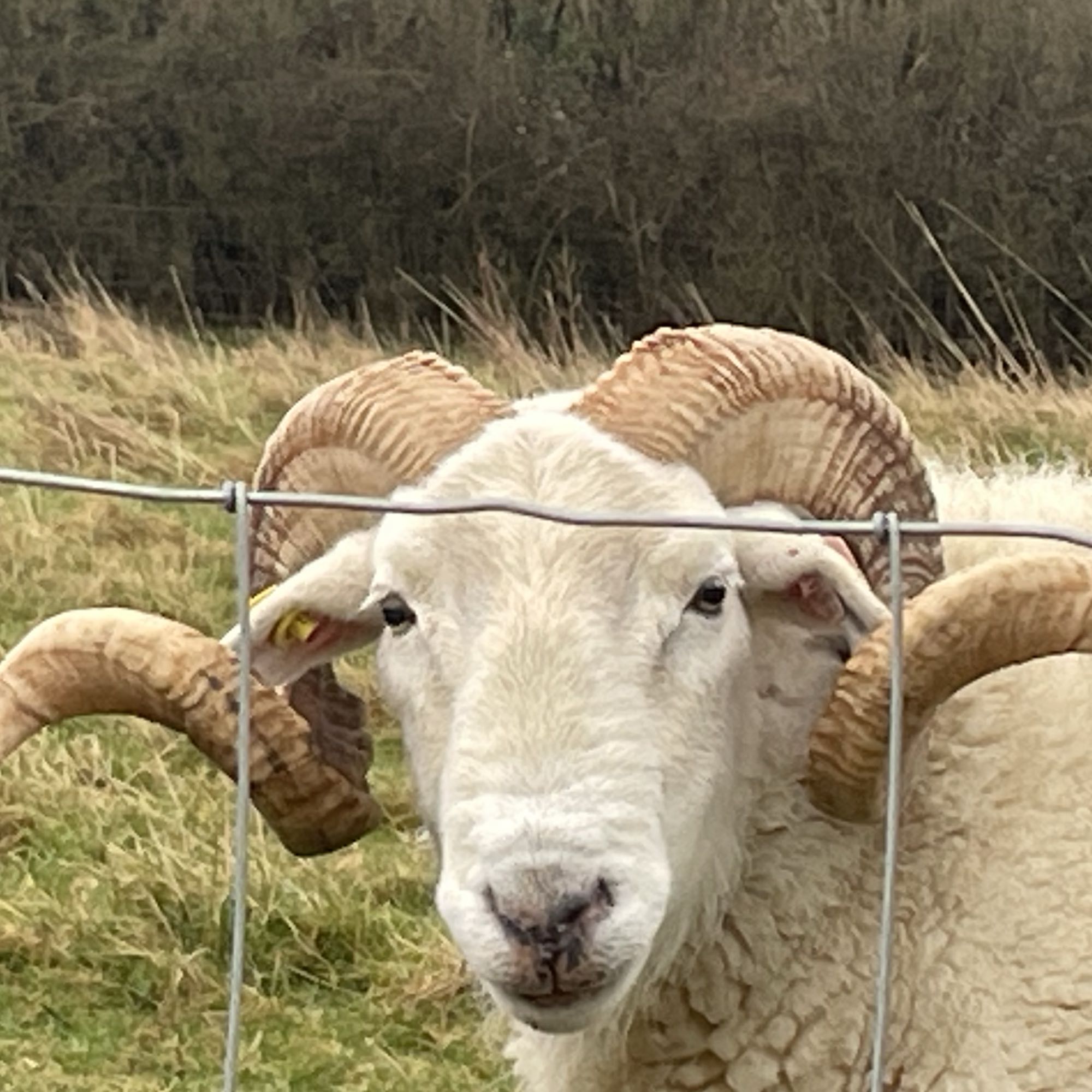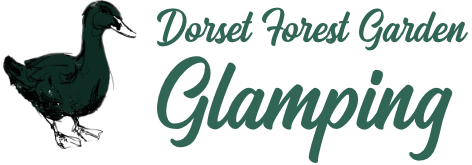Regenerative Agriculture

The Beginnings
The farm started as a single 20 acre field back in 1998. We were always interested in stewarding the land with love but we needed to learn tools to farm our specific land. Set high up on downland and with a very flinty shallow soil and no trees it was windswept and devoid of much wildlife. This sort of downland is often covered in sheep. We grew a flock of Angora goats and manufactured beautiful rugs. We planted hedges and trees and grew a passion for seeing this once blank canvas grow in wildlife and beauty. Then in 2010, having lost some of our manufacturing chain we started to question how to ensure the farm is sustainable into the future.

The Forest Garden
Taking time out to study regenerative farming practices we took a holistic view of the farm. What was working, what needed to improve, the limitations of our soil and elevated location and its assets - far reaching views and resident buzzards and larks. We had already planted a 5 acre mixed woodland and favoured planting more trees. In 2012 a field from our old plant nursery was redesigned to be a forest garden with glamping rooms created from the outset. A forest garden (food forest) is designed in structure to be like the margins of a woodland - with the trees, shrubs and other planting selected for their value to the whole planting structure. This multilayer planting helps to sequester carbon, increases worms and improves the soil whilst also growing food and creating shelter for ourselves and the wildlife. The planting includes many edibles like apples, medlars, cherries, pears, Szechuan pepper, quinces, raspberries, gooseberries, loganberries, rhubarb, many herbs, and the list goes on....

Impact on Wildlife
The planting of a 5 acre woodland and the forest garden has been the most impactful thing we have done on the farm to encourage wildlife. On a visit look out for larks, buzzards, tits, thrushes, black birds, barn owls, hedgehogs, starlings, sparrows, robins, hares, goldfinch, deer, pheasants and much much more. Close your eyes and listen to the jumble of bird songs and see which ones you recognise.

Impact on Soil
A compost bin may not seem the most beautiful part of the garden, but this is an integral part of our gardening. We started with very stoney shallow soil; improving the soil has been a long process. It starts with our compost bins. Our weeds, vegetative waste, grass clippings and cardboard all are added to this. However our biggest inputs come from our stables with shavings and manure from the horses. This helps our compost to rot down quickly and helps to increase our worm population, Our planting beds are started on a no dig basis with a thick layer of compost added each year. This increases the soil fertility, depth and supresses weeds. As we are maintaining 20 acres of land with no additional staff this has proved to be the most effective way of creating rich deep soil thanks to the army of worms at work moving up and down through the earth and improving its structure. We now find worms in each turn of the soil. Beyond the gardens to the wider fields our sheep, horses and ducks add manure to the grounds. In the woodland the natural yearly cycle of leaf drop and decay helps the soil to gain depth and fertility. This is at the heart of our regenerative agriculture system. Improving not degenerating the soil. Our aim is to steward our land in a way that during our lifetime the land becomes teeming with more life.

Farm Animals
As well as the wildlife we have: ducks - including the rare Cayuga that our logo is based on. Ducks are a wonderful part of the eco system, with their love of slugs they help our plants to thrive. Sheep - The Wiltshire horns are a self shedding sheep meaning they never need to be sheared and they help the fertility of our pasture. Judging from how birds snatch up their fleece in spring we suspect our birds have the most wonderful padded nests! Chickens - Our small flock of chickens produce the eggs in our hampers. Horses - In age order - Dancer, Fuego, Moonshine, and Galaxy. They are all friendly but please don’t enter a field with them in it as they can be pushy.
